Tekken: A Legacy of Fighting Excellence
Introduction: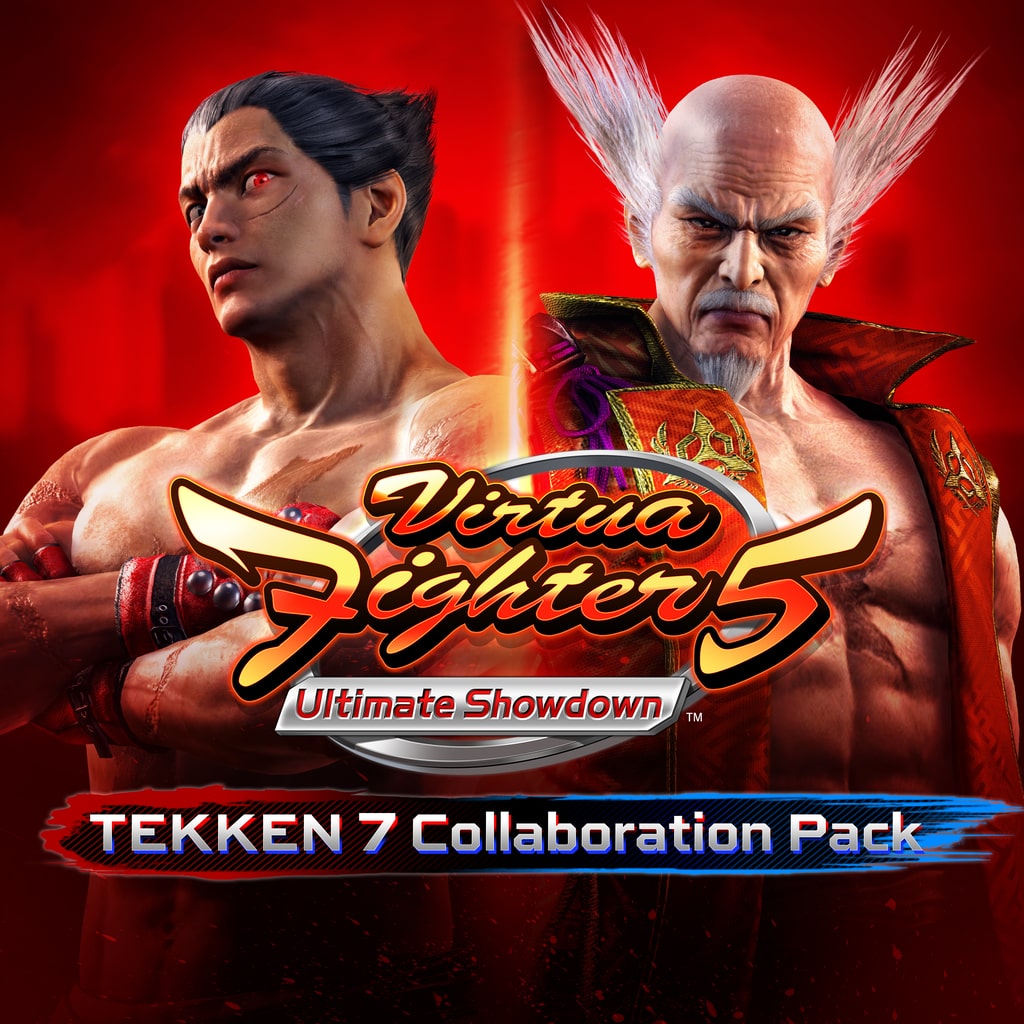
Since its inception in 1994, Tekken has stood as a pillar in the fighting game genre, captivating players with its diverse characters, intricate mechanics, and captivating storyline. Developed by Bandai Namco Entertainment, the Tekken series has evolved over the years, pushing the boundaries of what a fighting game can achieve. With each installment, it has amassed a dedicated fanbase and garnered critical acclaim for its innovation and depth. In this article, we'll explore the rich history of Tekken, examining its impact on gaming culture, its evolution throughout the years, and its enduring legacy.
Origins and Evolution: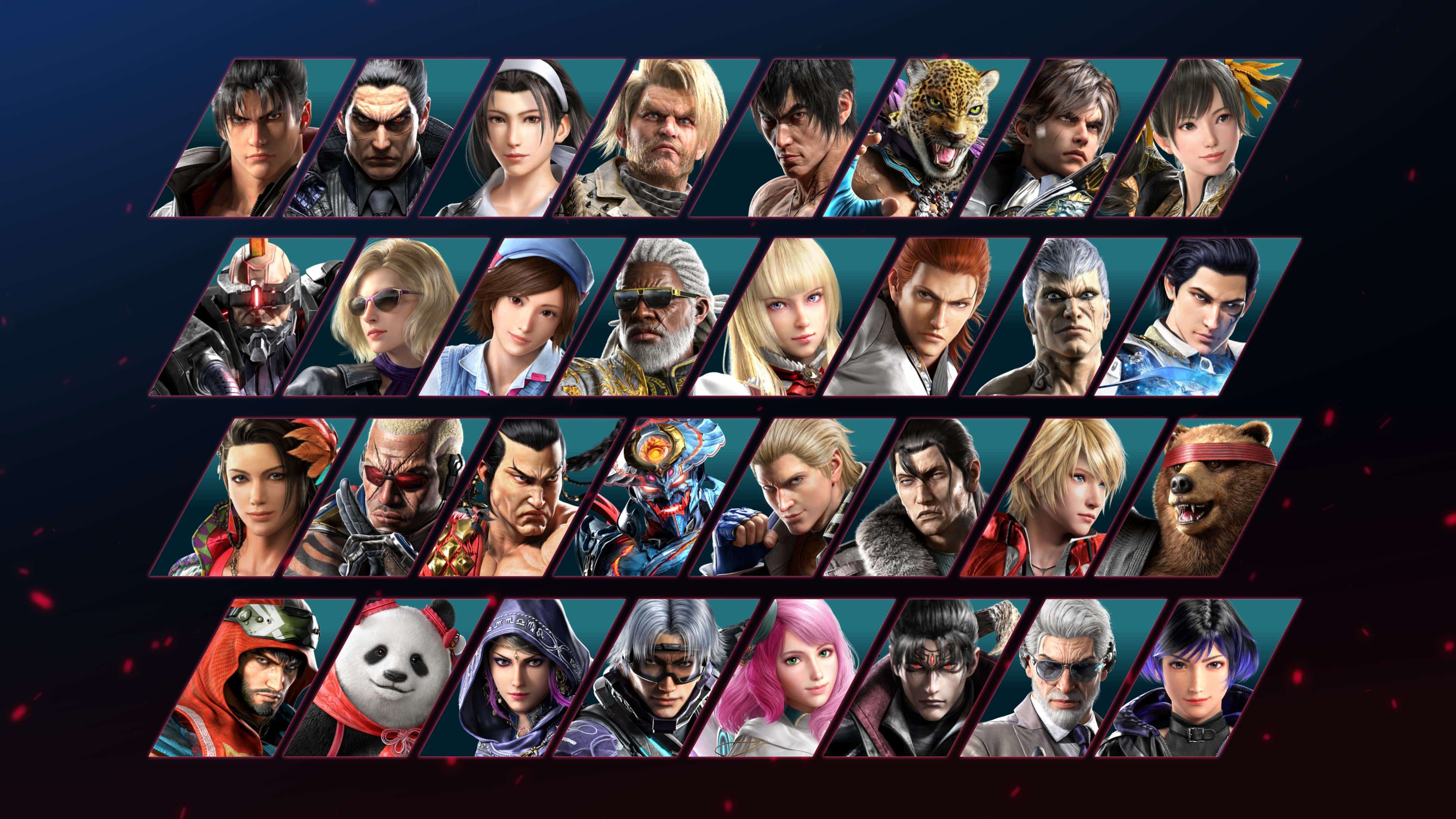
Tekken emerged during the golden age of arcade gaming when fighting games like Street Fighter and Mortal Kombat dominated the scene. However, it distinguished itself with its unique 3D fighting mechanics, introducing players to a new dimension of gameplay. The first Tekken game featured a roster of memorable characters, each with their own distinct fighting styles and backstories. From the stoic martial artist Kazuya Mishima to the agile ninja Yoshimitsu, players had a diverse array of fighters to choose from, each offering a different gameplay experience.
As the series progressed, so too did its gameplay mechanics. Tekken 2 introduced new moves, improved graphics, and expanded upon the lore established in the first game. Tekken 3, arguably the most influential installment in the series, introduced groundbreaking features such as side-stepping, allowing players to maneuver around opponents in 3D space. It also introduced iconic characters like Jin Kazama and introduced the Tekken Force mode, adding depth to the single-player experience.
Subsequent installments continued to build upon the foundation laid by their predecessors. Tekken 4 introduced interactive environments, allowing players to use objects in the environment to their advantage during fights. Tekken 5 expanded the roster even further and introduced the fan-favorite Devil Within mode, offering a unique single-player experience. Tekken 6 introduced the Bound system, which allowed for more extended combos, further deepening the game's mechanics.
Tekken 7, the latest installment in the series, introduced several significant changes, including the Rage system, which grants players enhanced abilities when their health is low. It also featured a robust story mode that concluded the long-running Mishima saga, providing closure to one of gaming's most iconic narratives.
Characters and Lore: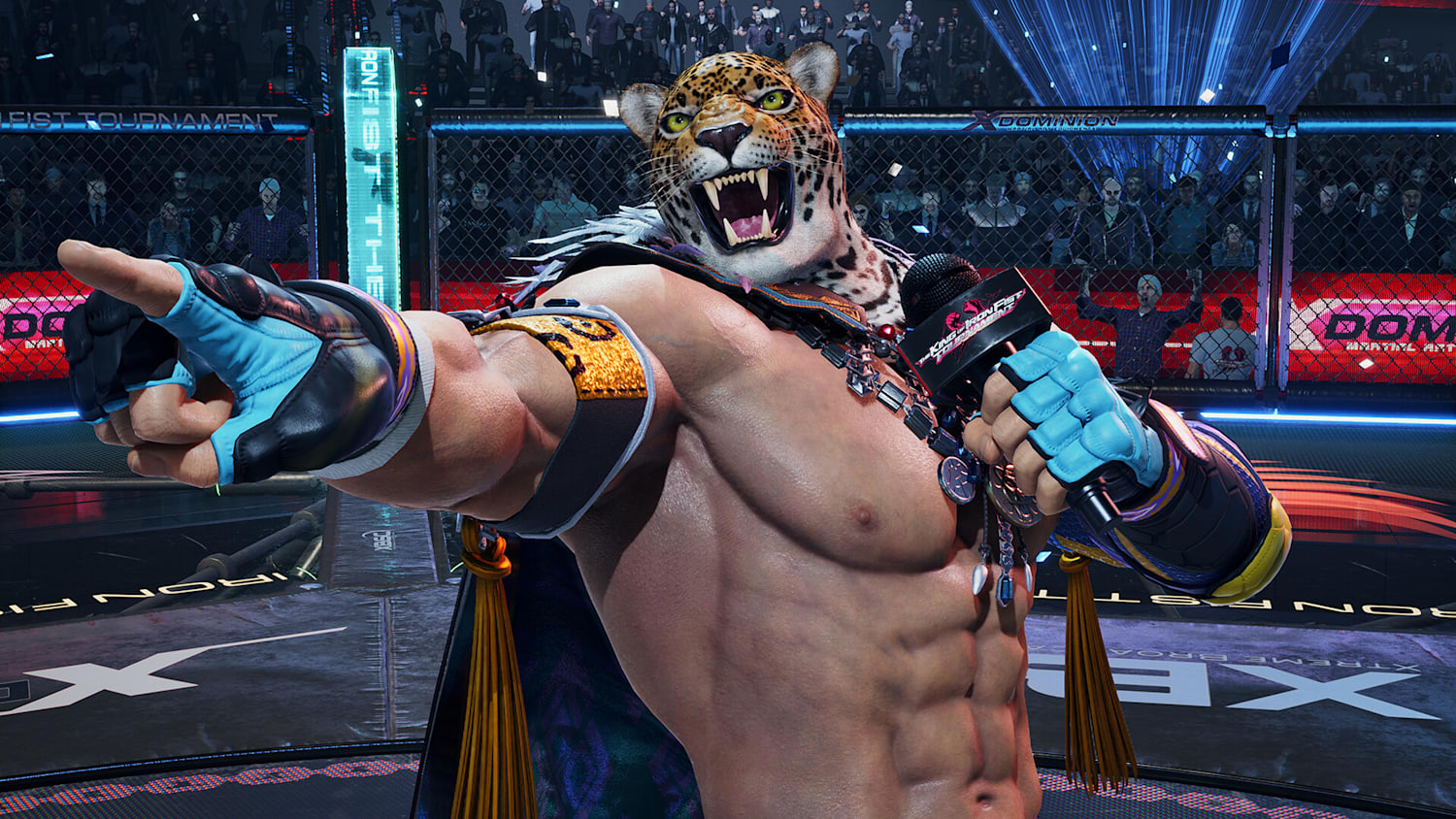
One of Tekken's defining features is its rich lore and diverse cast of characters. From the stoic Heihachi Mishima to the enigmatic Raven, each character brings their own unique personality and fighting style to the table. The Mishima family, in particular, has been at the center of Tekken's narrative since the beginning, with their complex relationships driving much of the series' overarching plot.
The rivalry between Heihachi Mishima and his son Kazuya has been a focal point of the series since its inception. Their ongoing struggle for power and control of the Mishima Zaibatsu has fueled much of the conflict throughout the games. Meanwhile, characters like Jin Kazama and Asuka Kazama have embarked on personal quests for revenge and redemption, adding layers of depth to the overarching narrative.
Beyond the Mishima family, Tekken boasts a diverse roster of characters from all walks of life. From the high-flying Luchador King to the robotic Jack series, each character brings their own unique flavor to the series. Tekken's character design has always been a standout feature, with each fighter sporting iconic costumes and memorable designs.
Competitive Scene:
Tekken has always had a thriving competitive scene, with players from around the world competing in tournaments to prove their skills. The Tekken World Tour, sponsored by Bandai Namco Entertainment, has become the premier tournament series for competitive Tekken players, featuring events in cities across the globe.
Professional players like Knee, Arslan Ash, and JDCR have become household names within the Tekken community, showcasing the game's depth and complexity on the world stage. Tekken's high skill ceiling and balanced gameplay have contributed to its longevity as a competitive title, with players constantly discovering new techniques and strategies to gain an edge over their opponents.
Community and Legacy: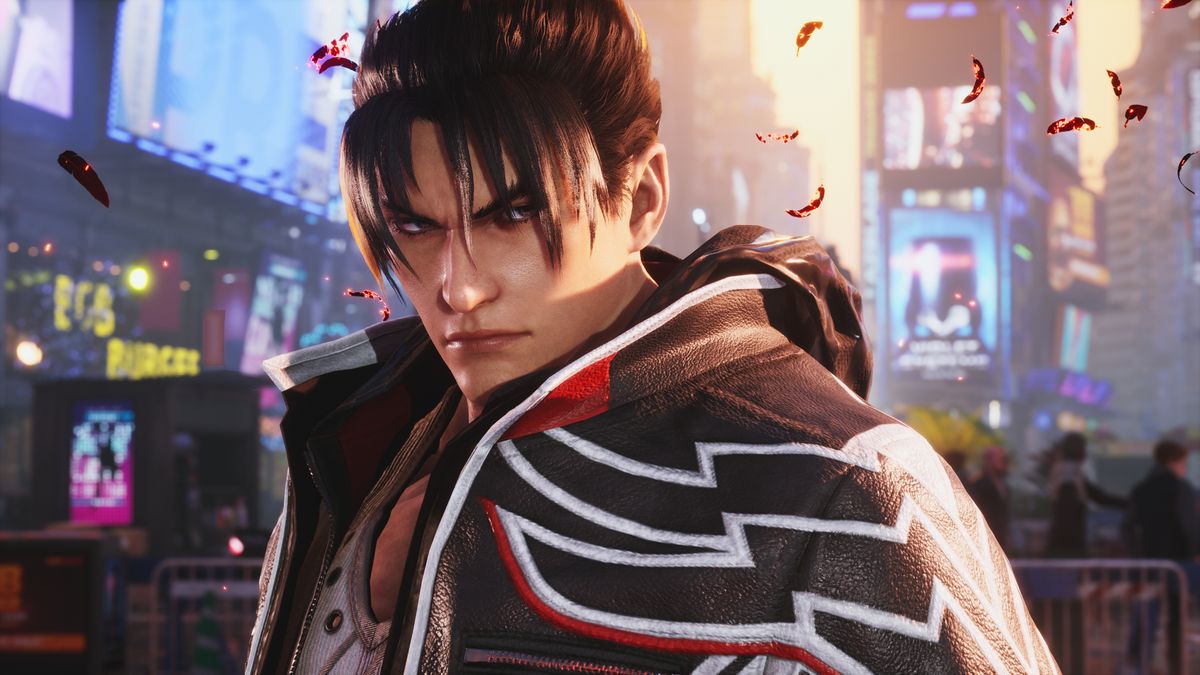
Perhaps Tekken's most enduring legacy is its passionate community of players, who have kept the series alive for over two decades. From local arcade gatherings to online forums and social media groups, Tekken fans have formed tight-knit communities centered around their love for the game. The series' longevity can be attributed in large part to the dedication of its fanbase, who continue to support each new installment with unwavering enthusiasm.
Looking ahead, the future of Tekken appears bright, with continued support from both Bandai Namco Entertainment and the dedicated community of players. With each new installment, the series evolves and adapts, staying true to its roots while pushing the boundaries of what a fighting game can achieve. As long as there are players willing to step into the arena, Tekken will continue to stand as a titan of the fighting game genre, inspiring new generations of players for years to come.
Conclusion: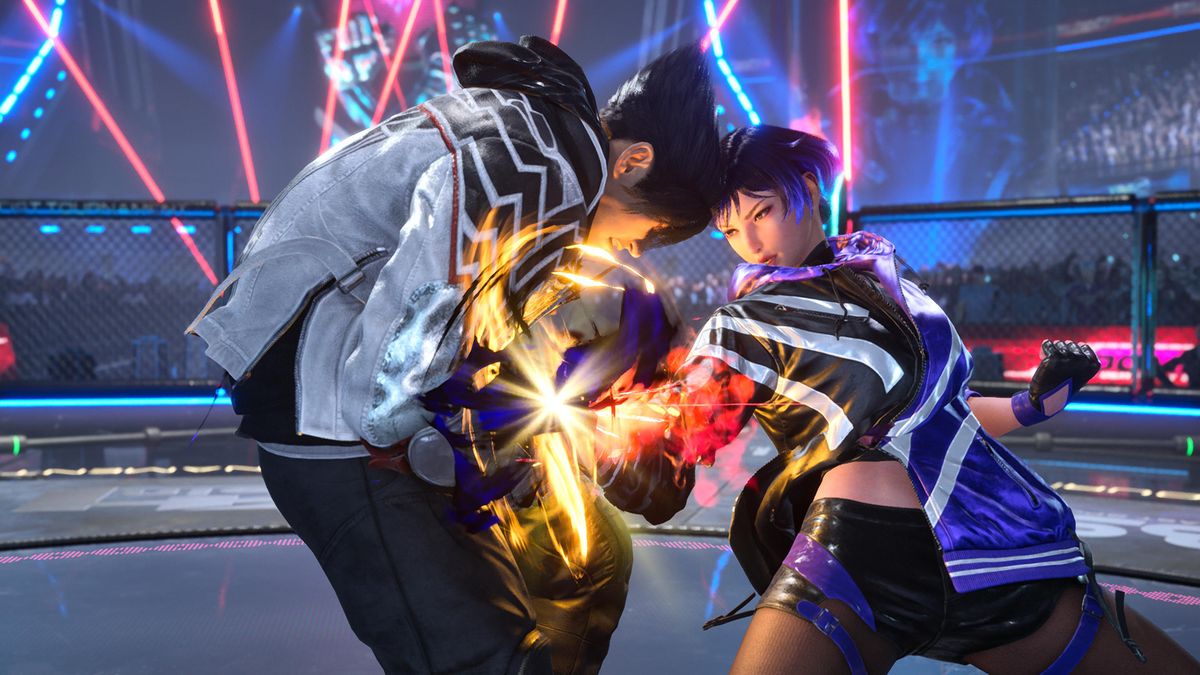
In conclusion, Tekken's legacy as one of the greatest fighting game series of all time is undeniable. From its humble beginnings in the arcades to its current status as a global phenomenon, Tekken has captivated players with its deep gameplay mechanics, compelling characters, and rich lore. As the series continues to evolve and grow, one thing remains constant: the enduring passion of its dedicated fanbase. Whether you're a seasoned veteran or a newcomer to the series, there's never been a better time to jump into the world of Tekken and experience the thrill of battle for yourself.















































